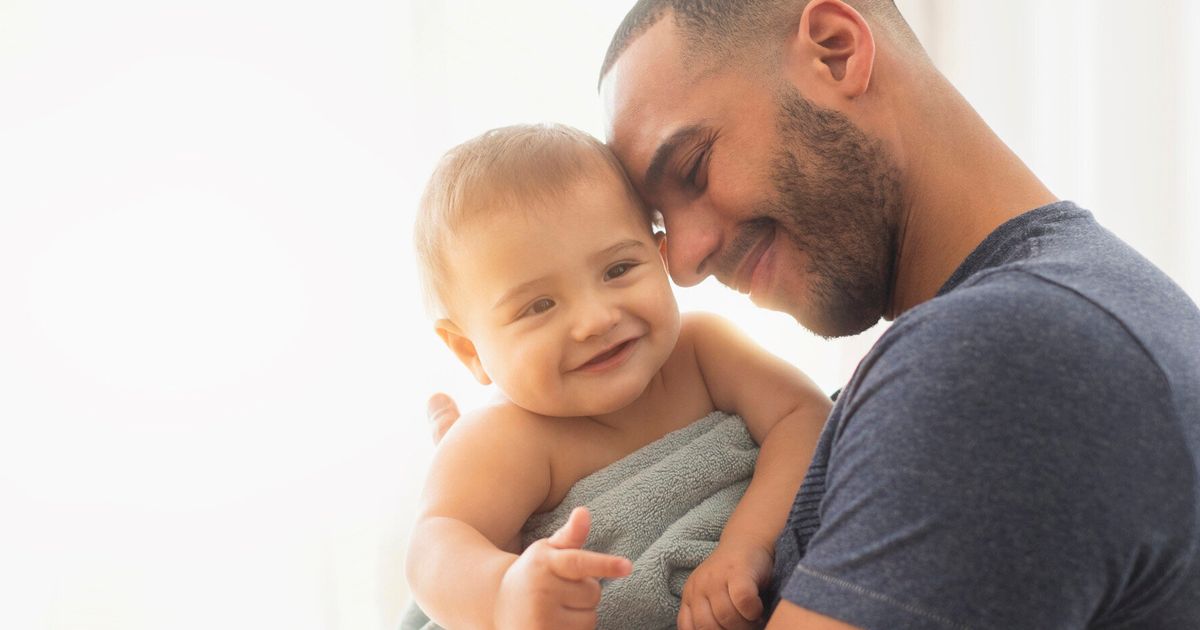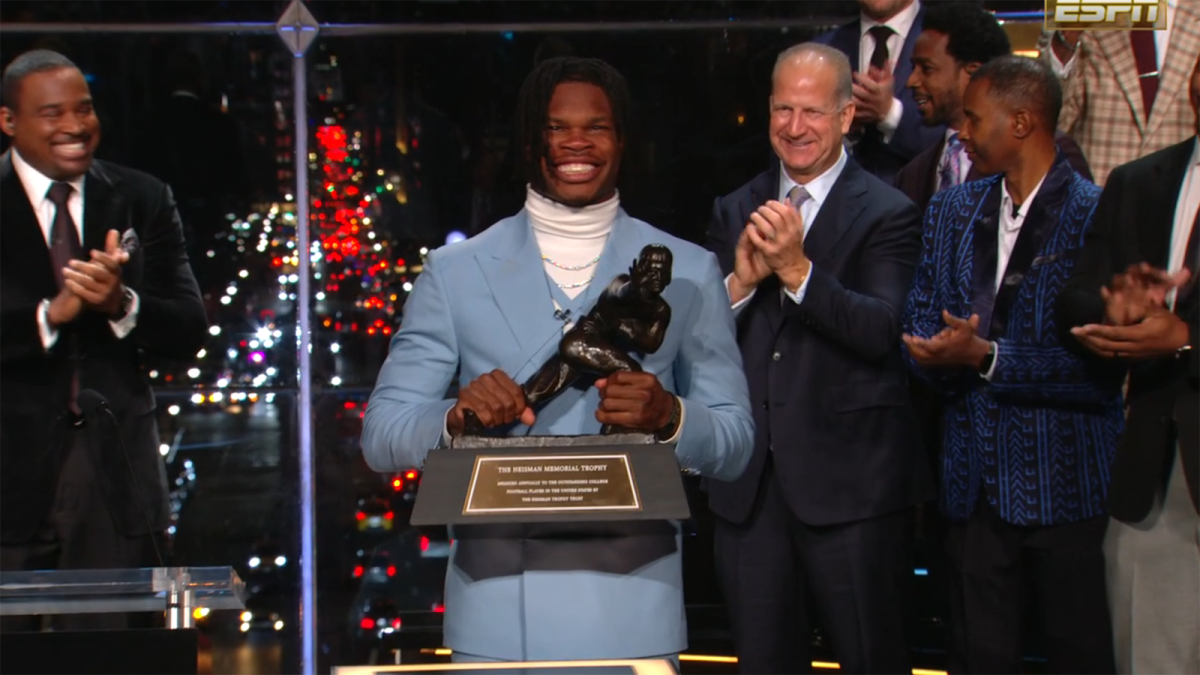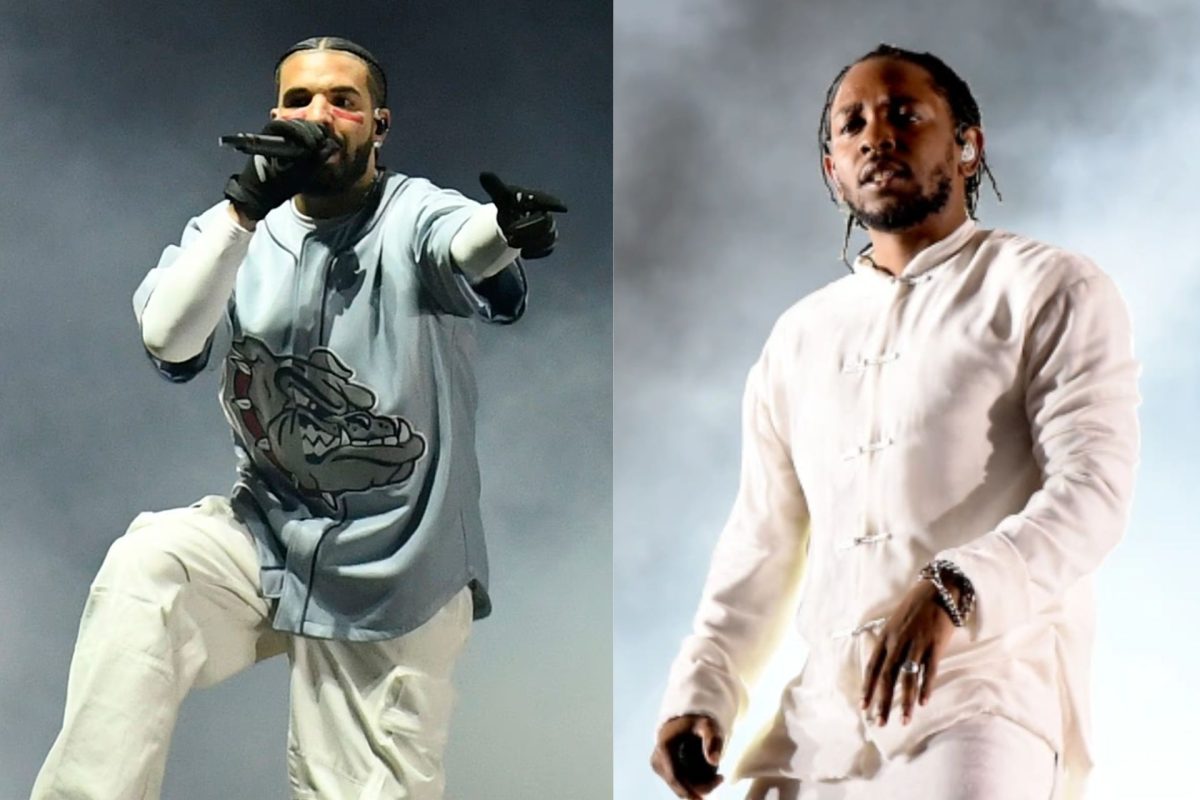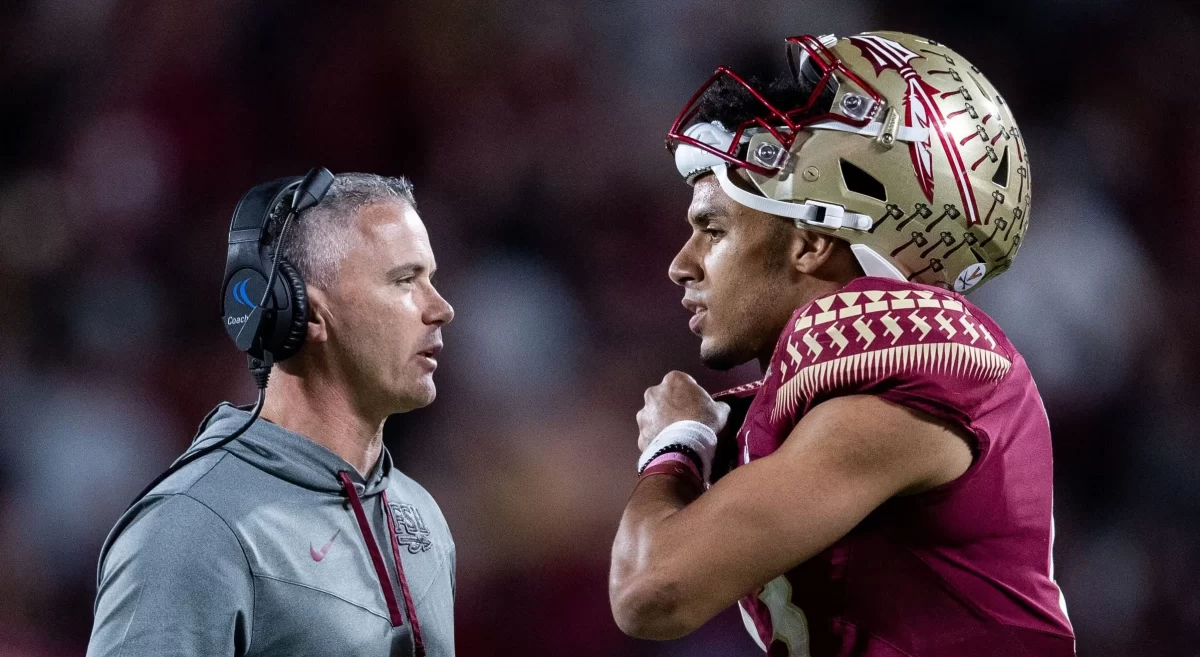The decision to become a parent is personal, and the factors influencing that decision vary widely between individuals. However, data from Pew Research shows that, particularly among younger generations, men are increasingly less likely than women to express a desire for parenthood. Factors like shifting societal expectations, economic realities, and evolving gender roles all play a role in shaping this trend. While many women still feel the pressure to become mothers, men like Tommy are more likely to prioritize personal freedom and career development. Meanwhile, women like April, who have experienced the challenges of single motherhood, may be rethinking their own desires for future children. Ultimately, the conversation about parenthood is complex, and the reasons why men are less likely to want children reflect broader cultural and generational shifts.
In the ongoing conversation about parenthood, there’s an emerging pattern in the attitudes of young adults toward having children, and it reveals some surprising gender differences. While women have traditionally been viewed as the primary caregivers in most societies, recent data shows that men are increasingly less likely than women to express interest in having children, especially in their younger years. This shift in attitudes toward parenthood can be attributed to a range of sociocultural factors, personal experiences, and life priorities.
According to a Pew Research Center study from February 2024, men are more likely than women to say they don’t want to be parents, especially among young adults. While 74 percent of women aged 18 to 49 express some desire to have children in the future, only 65 percent of men in the same age group share the same sentiment. This reflects a growing gap in how men and women view parenthood, despite both genders sharing similar overall intentions to have children at some point.
Interestingly, among young adults without children, the gender gap widens when it comes to those who say they don’t want kids at all. Approximately 30 percent of men in their late 20s and early 30s say they don’t want to be parents, compared to just 20 percent of women. This reflects an evolving trend where men are increasingly prioritizing personal freedom, career goals, and lifestyle choices over the traditional expectations of starting a family.
For some men, the desire to become a parent simply doesn’t align with their current priorities. Take Tommy, a 34-year-old professional from Michigan, who has no intention of having children.
“I’ve just never felt the need to be a dad,” Tommy says. “I love my freedom, I enjoy my career, and honestly, I don’t feel the pressure to have kids like I see some of my friends do. I think society has put a lot of focus on having kids as the ultimate goal, but for me, it’s just not something I want.”
Tommy’s sentiments reflect a broader cultural shift. While many women still feel societal pressure to become mothers, particularly as they near their 30s, men like Tommy seem to be more focused on self-fulfillment, travel, career advancement, and enjoying their lives without the responsibility of parenthood. The idea of parenthood as a life goal doesn’t always resonate with men in the same way it does for women, especially as their priorities shift toward other aspects of their identity and life goals.
In contrast, some women, like April, a 22-year-old from Chicago, have had very different experiences that shape their feelings toward parenthood. April became a mother at a young age but was left to raise her child on her own after her baby’s father left.
“I didn’t want to have a baby at this age, but it happened,” April explains. “The hardest part is doing it alone. I’ve felt the weight of raising a child on my own, and it’s made me question whether I even want more kids in the future. The responsibility is overwhelming.”
April’s experience speaks to a crucial point in the debate over why men might feel less inclined to have children. While women are often expected to bear the burden of child-rearing, many men are less likely to understand the full scope of responsibility that comes with parenthood—especially the emotional and financial toll. After experiencing the emotional complexities of raising a child alone, April says she’s not sure if she would choose parenthood again, especially given the lack of support she received.
For men, the expectation of fatherhood may not feel as pressing, especially in an age where gender roles are less rigid. Some men simply aren’t interested in the traditional markers of adulthood, such as getting married or having children. Tommy, for instance, feels that society’s idea of what it means to be a “real man” has evolved. “There’s this idea that being a man means getting married and having kids, but that doesn’t feel like my story,” he says. “I’m happy with where I’m at, and I don’t feel the need to have children to complete my life. It’s a different path.”
For some men, this lack of desire for fatherhood is connected to how they view masculinity in modern society. As gender roles become more fluid, men are no longer feeling forced into traditional roles that may not align with their personal goals or interests. This shift is significant, as it suggests that the pressure to follow a conventional life path (get married, have children, settle down) is no longer the primary focus for many men in their 30s and 40s.
















